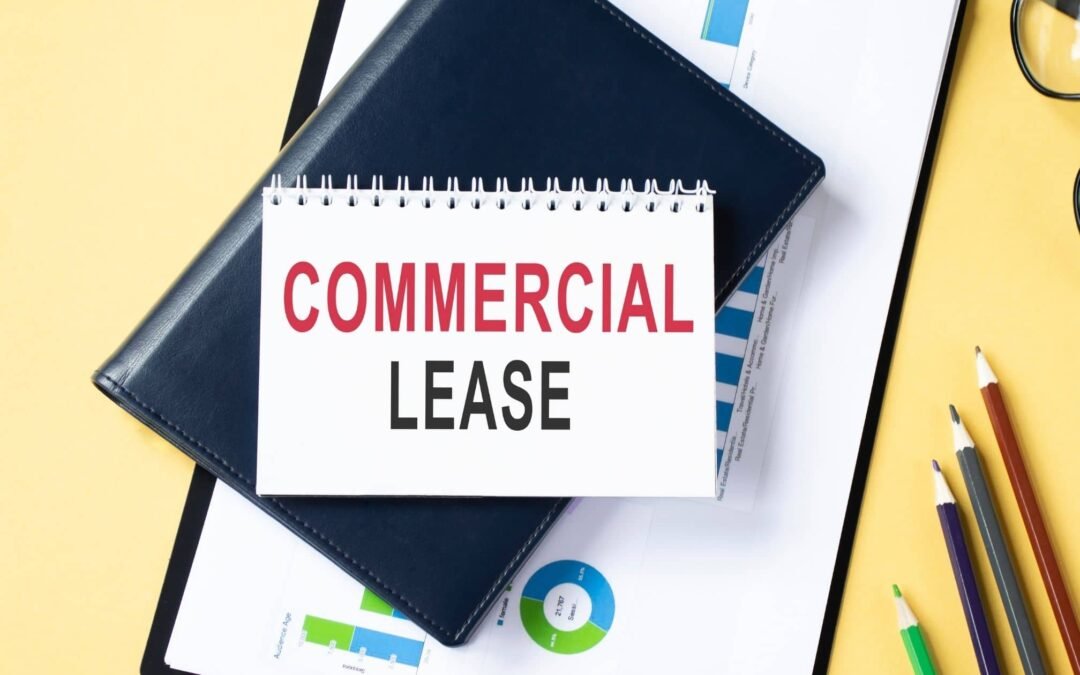Introduction
Licensing compliance in commercial leasing is an essential aspect of ensuring that both landlords and tenants adhere to the legal requirements necessary for the operation of a business within a leased property. It involves making sure that the property, its usage, and its operations meet the necessary licensing standards set by local, state, and federal authorities. Proper licensing compliance helps prevent legal and financial complications that could arise during the course of the lease, such as fines, penalties, or even the termination of the lease agreement. Both parties in a commercial lease must understand and fulfill their obligations concerning licenses to ensure smooth operations and maintain the integrity of the leasing process.
Licensing Requirements for Tenants
When a business tenant occupies a commercial property, they are usually required to obtain certain licenses to operate legally within the leased space. These licenses are determined by the type of business being conducted and can vary widely depending on the industry and location. Common examples include business operation licenses, health permits (for food-related businesses), alcohol licenses (for establishments serving alcohol), and professional licenses (for specialized businesses like medical practices or law offices).
For tenants, it is critical to ensure that all necessary licenses are obtained before beginning operations. Operating without the proper licenses can lead to severe consequences, including fines, suspension of business operations, or even the closure of the business. In some cases, the lease agreement may contain clauses requiring the tenant to provide proof of these licenses at the time of lease signing or periodically throughout the lease term.
Licensing Requirements for Landlords
While the tenant typically holds the responsibility for obtaining business-related licenses, landlords must also comply with various licensing requirements that pertain to the property itself. These requirements often include zoning compliance, building permits, and occupancy certificates. For instance, landlords must ensure that their properties are zoned appropriately for the type of business being conducted by the tenant.
Additionally, landlords must maintain all necessary property-related licenses, such as fire safety and health permits, especially if they are offering shared facilities or services, such as common areas, restrooms, or food courts. If the landlord is providing certain amenities or services to the tenant, these also may require specific licenses, including those for elevators, parking structures, or HVAC systems.
Lease Agreement and Licensing Compliance
A commercial lease agreement should clearly outline the responsibilities of both parties regarding licensing compliance. For tenants, the lease may specify the requirement to obtain and maintain all necessary business licenses and permits. Similarly, the agreement may state that the tenant is responsible for ensuring that their business operations remain compliant with relevant laws throughout the lease term.
On the other hand, landlords may be required to ensure that the property remains compliant with local building codes and other regulatory requirements. In some cases, lease agreements may also include provisions that stipulate that tenants must present proof of compliance with licensing requirements before the lease is executed or renewed.
Ensuring Ongoing Compliance
Licensing compliance does not end once the business opens. Both tenants and landlords must ensure that they remain in compliance with licensing regulations throughout the term of the lease. For tenants, this means renewing and updating licenses as required by local authorities. If a tenant fails to maintain the necessary licenses, the landlord may have grounds for lease termination or other legal actions.
Similarly, landlords must regularly check that the property is still in compliance with safety standards, zoning regulations, and any other licensing requirements. This could involve periodic inspections, especially if the property undergoes renovations or changes in usage during the lease term.
Consequences of Non-Compliance
Non-compliance with licensing requirements can have serious consequences for both landlords and tenants. For tenants, failure to maintain proper licensing can result in legal action, fines, or business closure, which can also have financial implications for the landlord, particularly if the tenant fails to pay rent or damages the property. Landlords who do not meet property-related licensing requirements may face penalties, legal disputes, or even the inability to lease the property until compliance is achieved.
To mitigate the risk of non-compliance, both parties should include clauses in the lease agreement that address the consequences of failing to obtain or maintain necessary licenses. This can provide clarity on responsibilities and expectations and help both parties avoid misunderstandings during the lease term.
Conclusion
Licensing compliance in commercial leasing is an essential element of a successful leasing arrangement. Both landlords and tenants must be fully aware of the licensing requirements that apply to their respective roles in the lease agreement. Tenants are primarily responsible for obtaining and maintaining the licenses necessary for their business operations, while landlords must ensure that the property meets the regulatory requirements for zoning, safety, and occupancy. A well-structured lease agreement that clearly outlines the licensing responsibilities of both parties can help prevent legal issues and ensure the continued smooth operation of the business. Maintaining ongoing compliance is critical for both parties to avoid penalties and ensure the long-term success of the leasing relationship.
Hashtags
#LicensingCompliance #CommercialLeasing #RealEstateLaw #LeaseAgreement #BusinessLicensing #TenantRights #LandlordResponsibilities #PropertyManagement #LegalCompliance #CommercialRealEstate #LeaseNegotiation #BusinessRegulations #RealEstateTips #TenantCompliance #LandlordTenantLaw #LeaseTerms #RealEstateInvesting #CommercialProperty #BusinessLaw #LeaseCompliance

